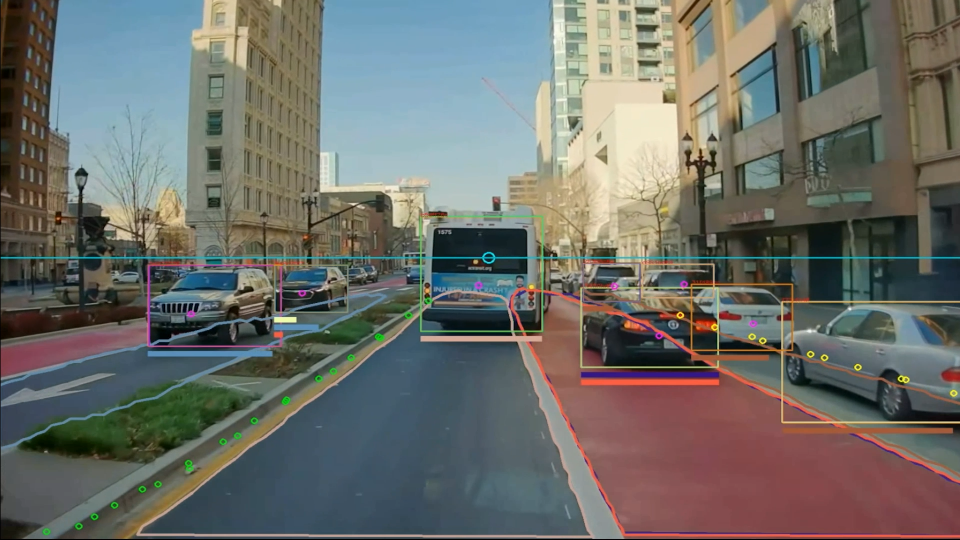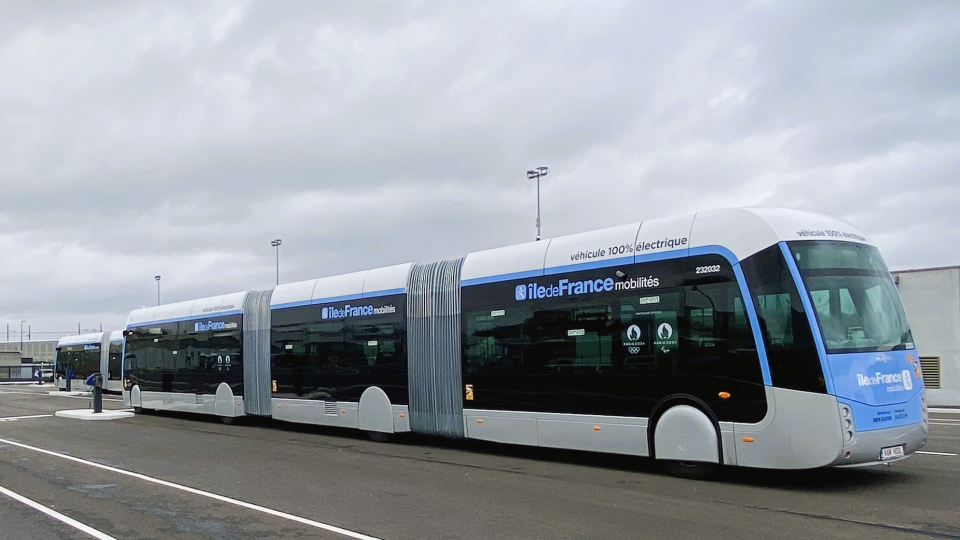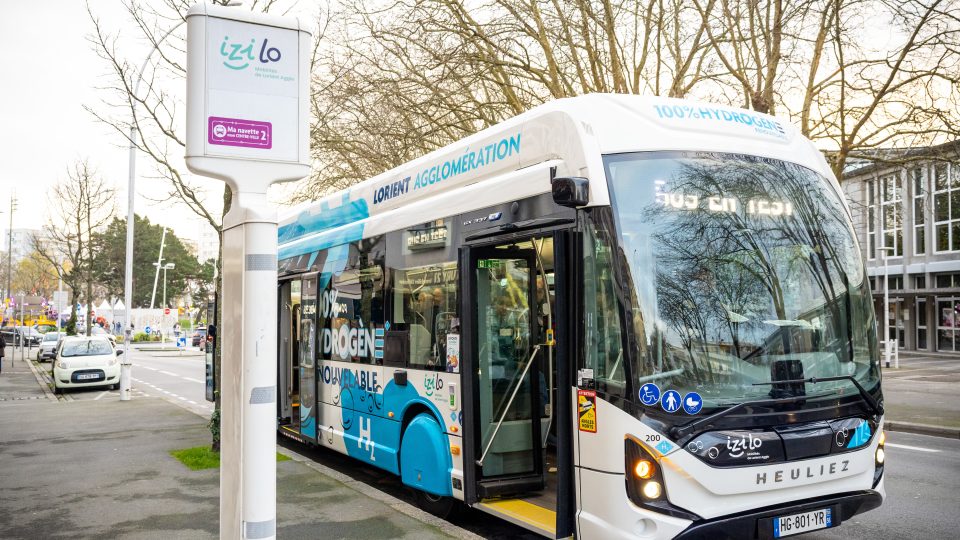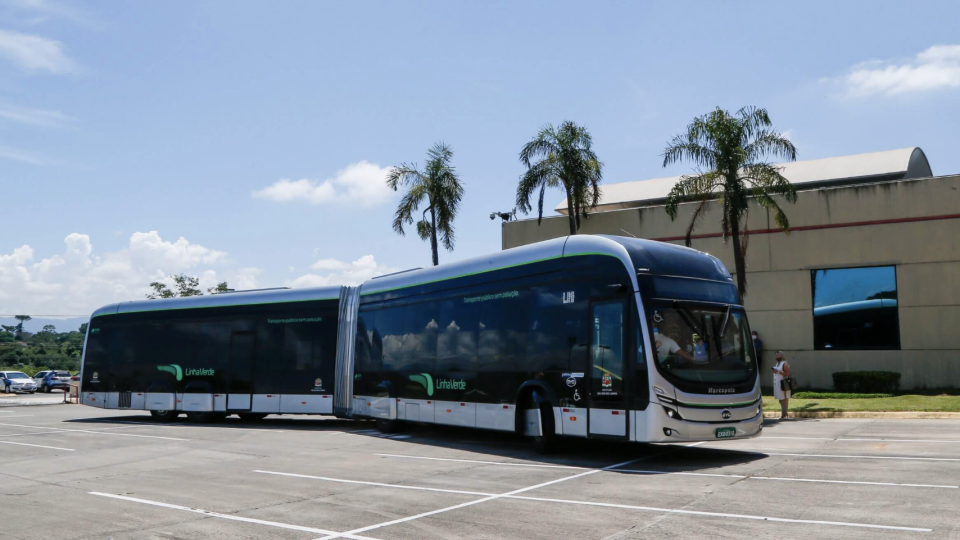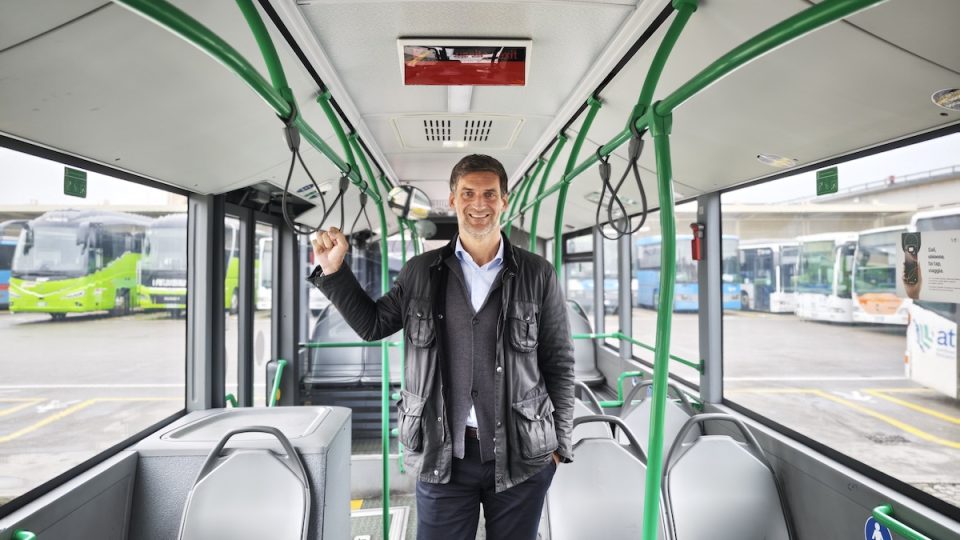Sofia, 15 new ebuses in fleet thanks to loans
Bulgarian capital city Sofia will have up to 15 new electric buses by Chariot Motors in service by 2019 thanks to a loan provided by the EBRD and the Green Energy Special Fund (GESF). The lenders are extending €7.35 million to Sofia Electrical Transport Company EAD (SETC) for the first phase of the modernisation of Sofia’s bus fleet […]
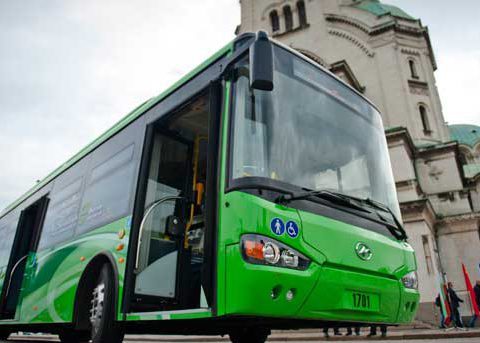
Bulgarian capital city Sofia will have up to 15 new electric buses by Chariot Motors in service by 2019 thanks to a loan provided by the EBRD and the Green Energy Special Fund (GESF). The lenders are extending €7.35 million to Sofia Electrical Transport Company EAD (SETC) for the first phase of the modernisation of Sofia’s bus fleet through the acquisition of up to 15 low-floor electric buses with fast-charging technology and six charging stations.
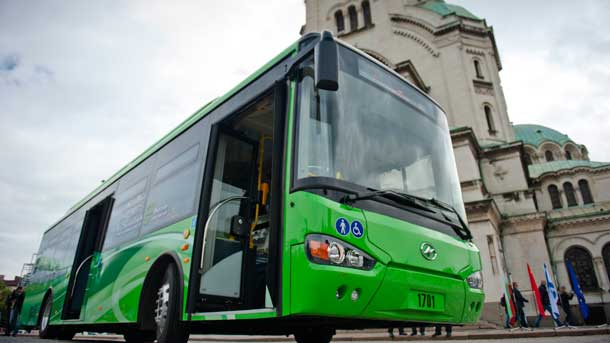
Additional loan could bring the ebus number to 30
The electric buses in Sofia will be deployed in 2019. If the first phase is deemed successful, according to the lenders’ website, the Bank and GESF will provide an additional €7.35 million in 2019 to finance another batch of the electric buses and charging stations. The city of Sofia is currently developing a Green Cities Action Plan with the EBRD and supported by donor funds. This plan will set a vision and benchmarks for the sustainable development of the city and help the authorities address challenges such as urban transport, air pollution, water management and other environmental issues.
Electric buses in place of Euro III
According to Balkan New Energy News, new electric bus fleet will operate on six routes currently using Euro III diesel buses. As a result, once implemented the project is expected to reduce CO2 emissions from 3,127 tonnes per year to 1,445 tonnes per year, a reduction of approximately 54%. SETC is an integral part of the programme. It is a joint-stock company, incorporated in 1997 and fully owned by the city. It is Sofia’s sole tram and trolleybus operator and, as of next year, it will also operate electric buses. In addition, the company is also responsible for routine maintenance and repair of the trolleybus and tram fleet, tram tracks and electric energy supply infrastructure. GESF is a fund established by TaiwanICDF at the EBRD to support beneficiary countries in the Bank’s regions as they make the transition to low-carbon energy solutions, promote energy efficiency and the development of renewable energy.

